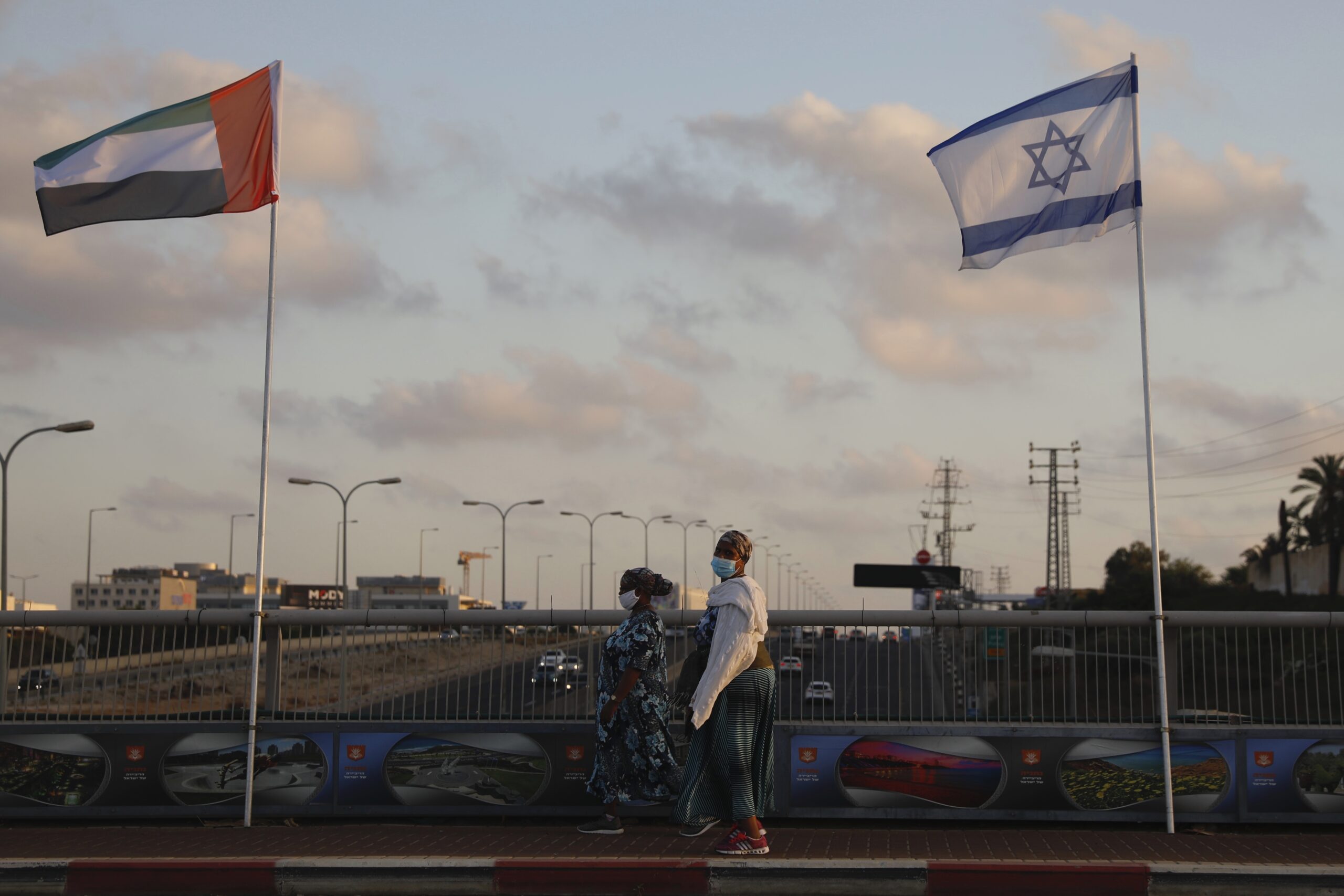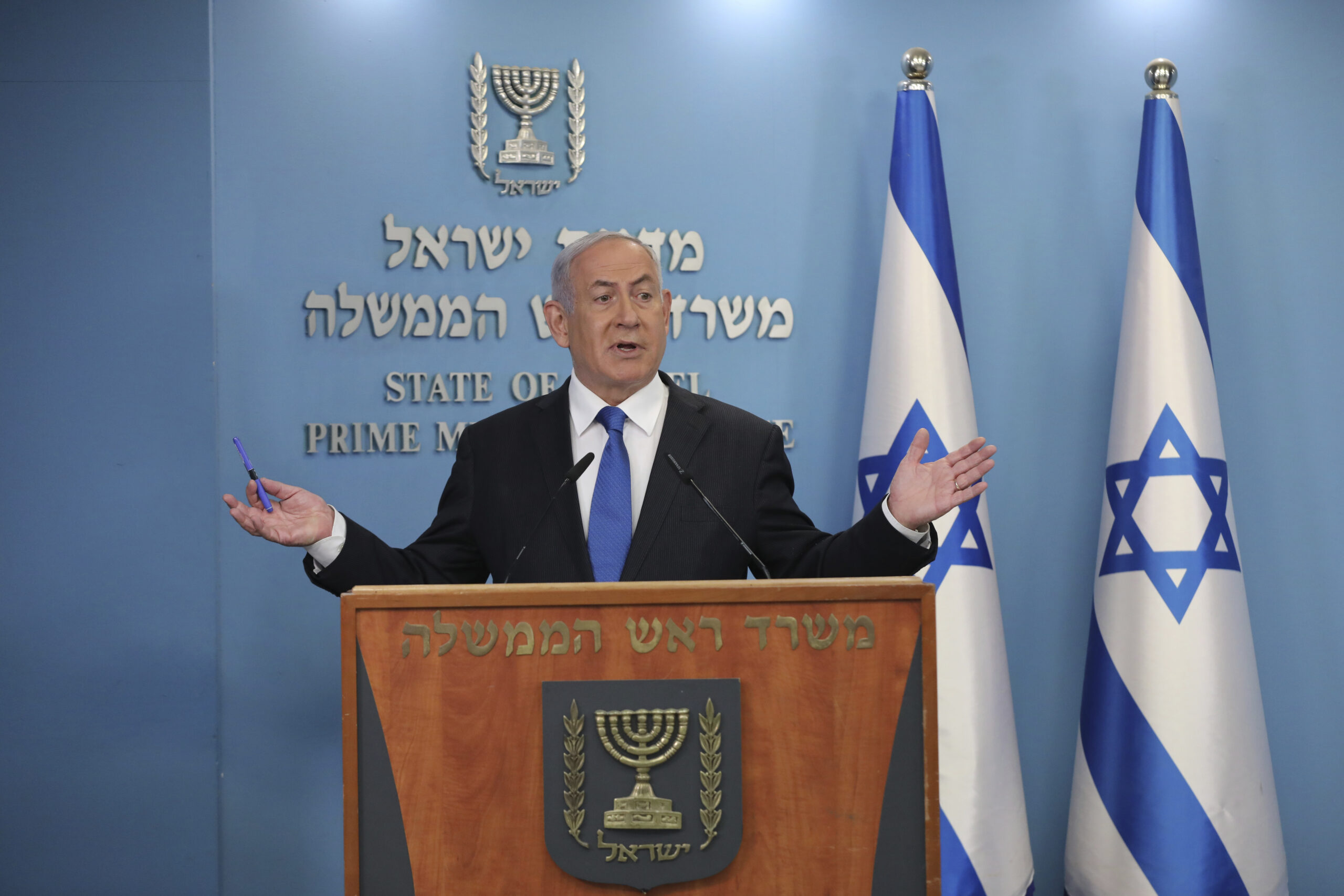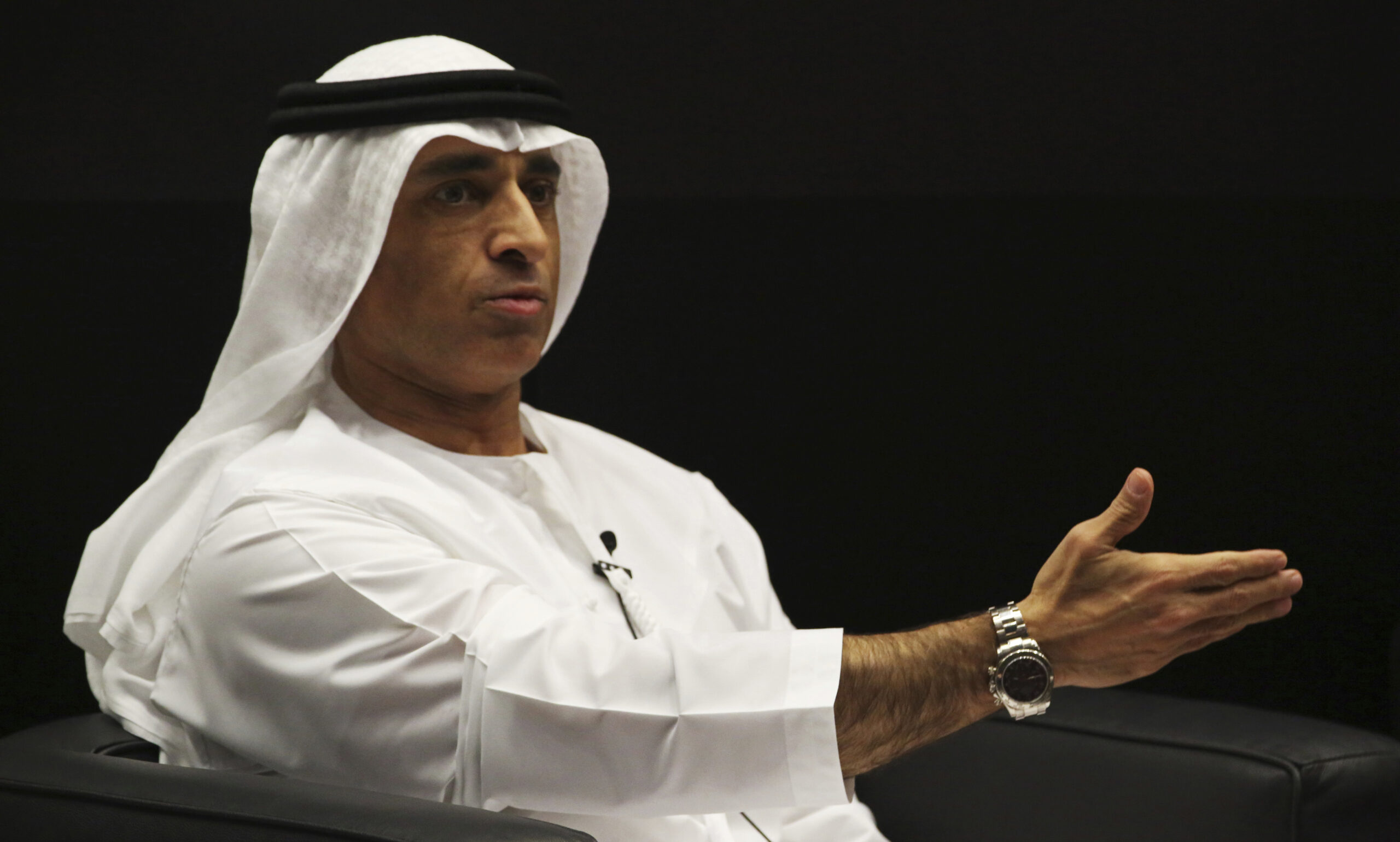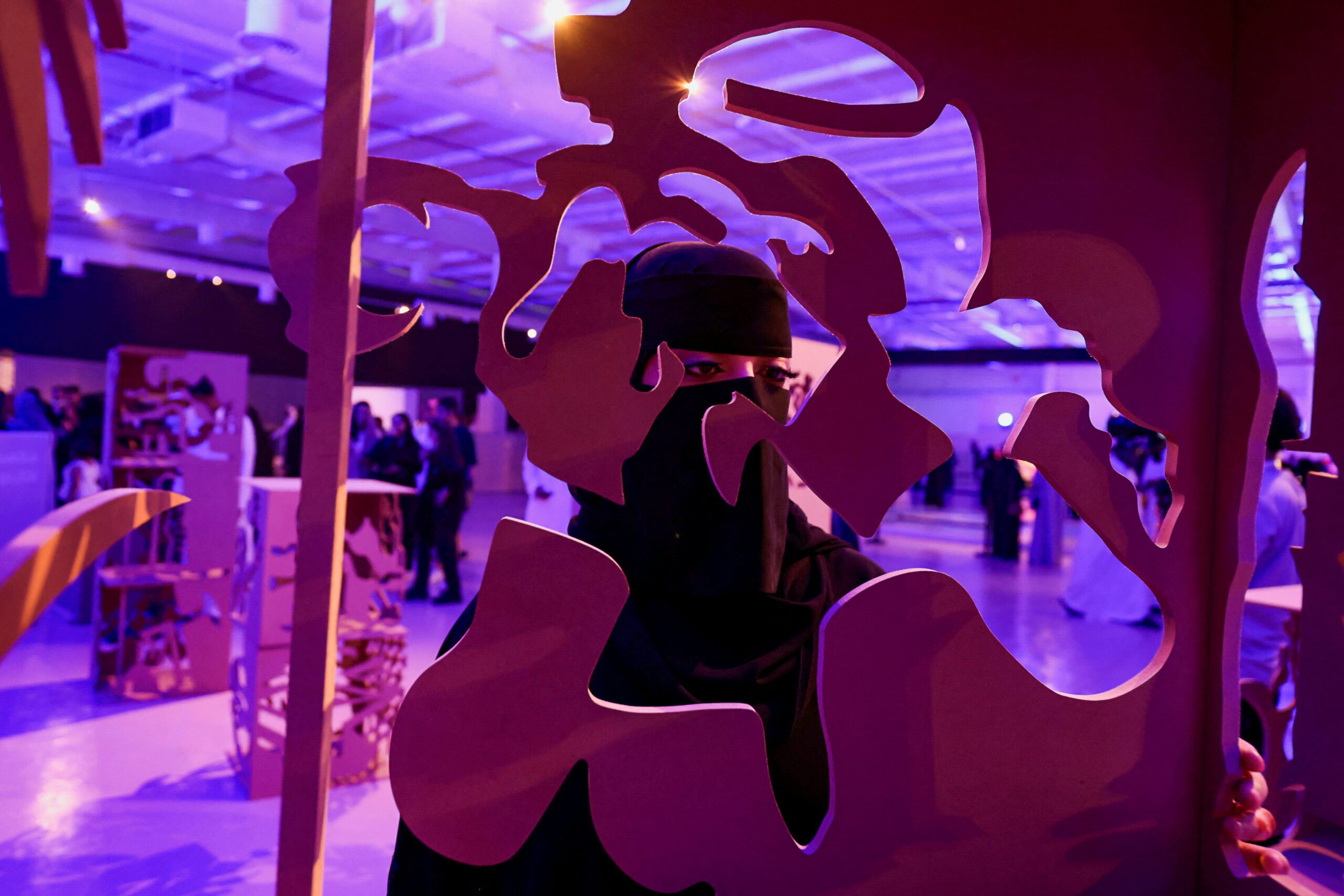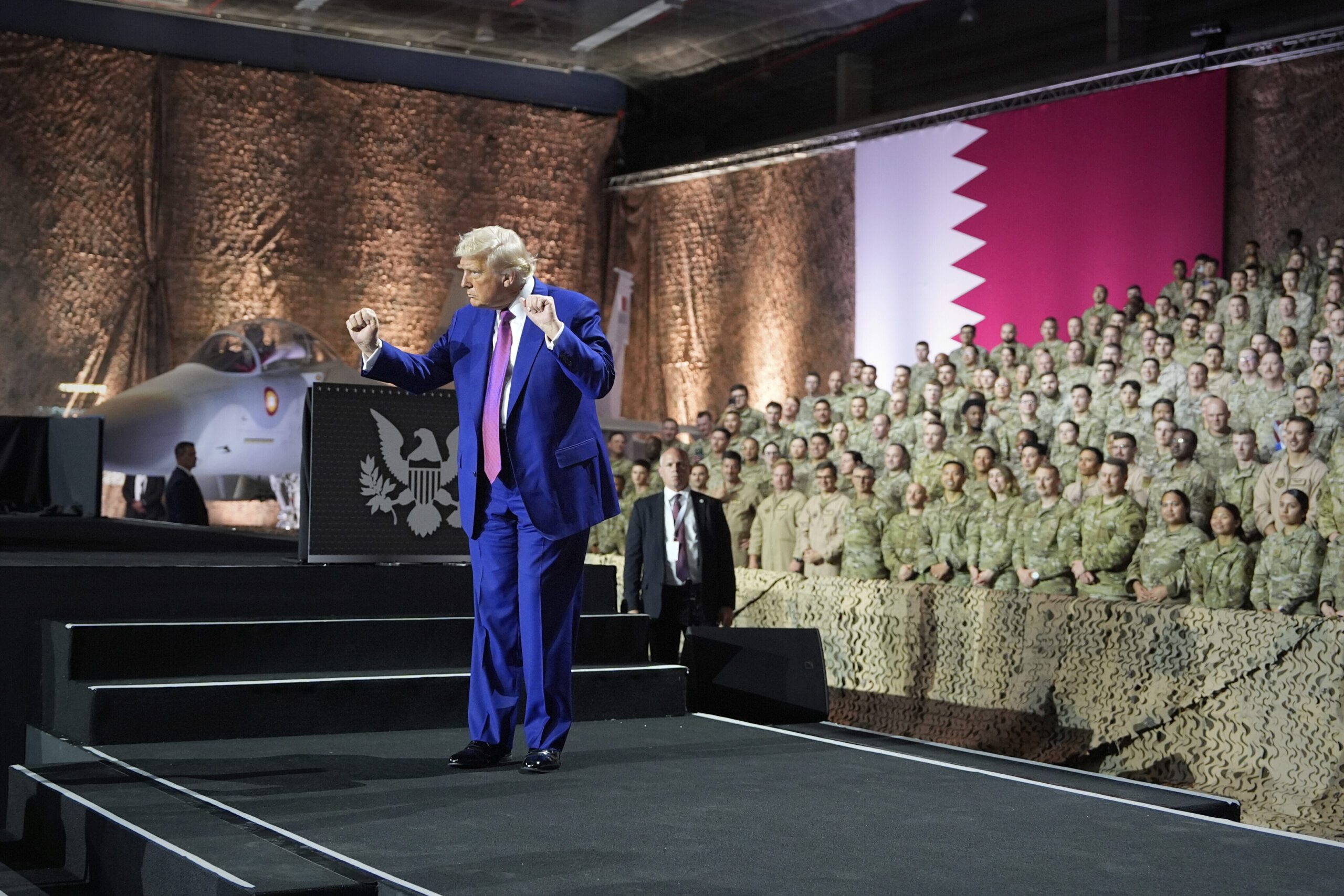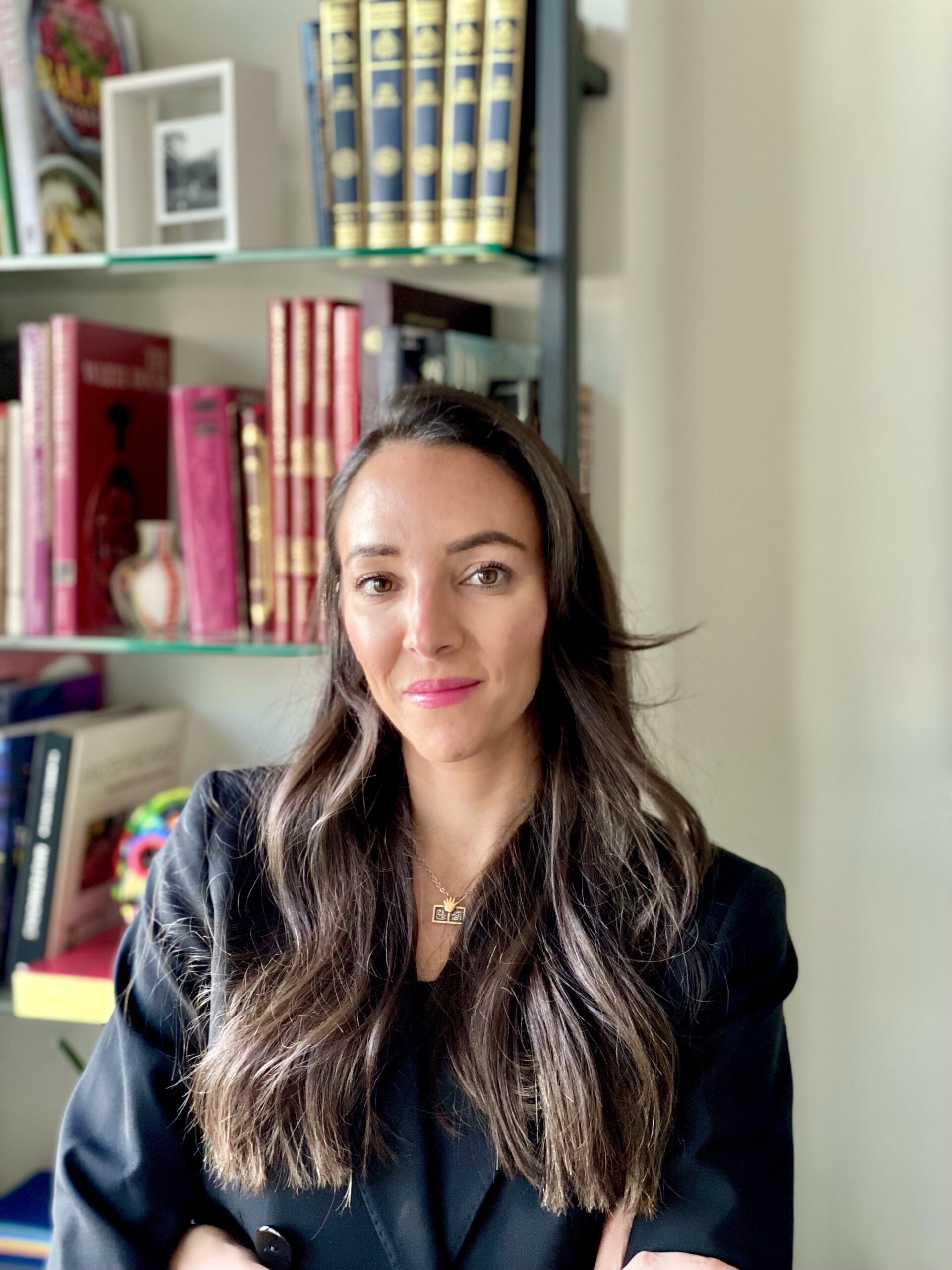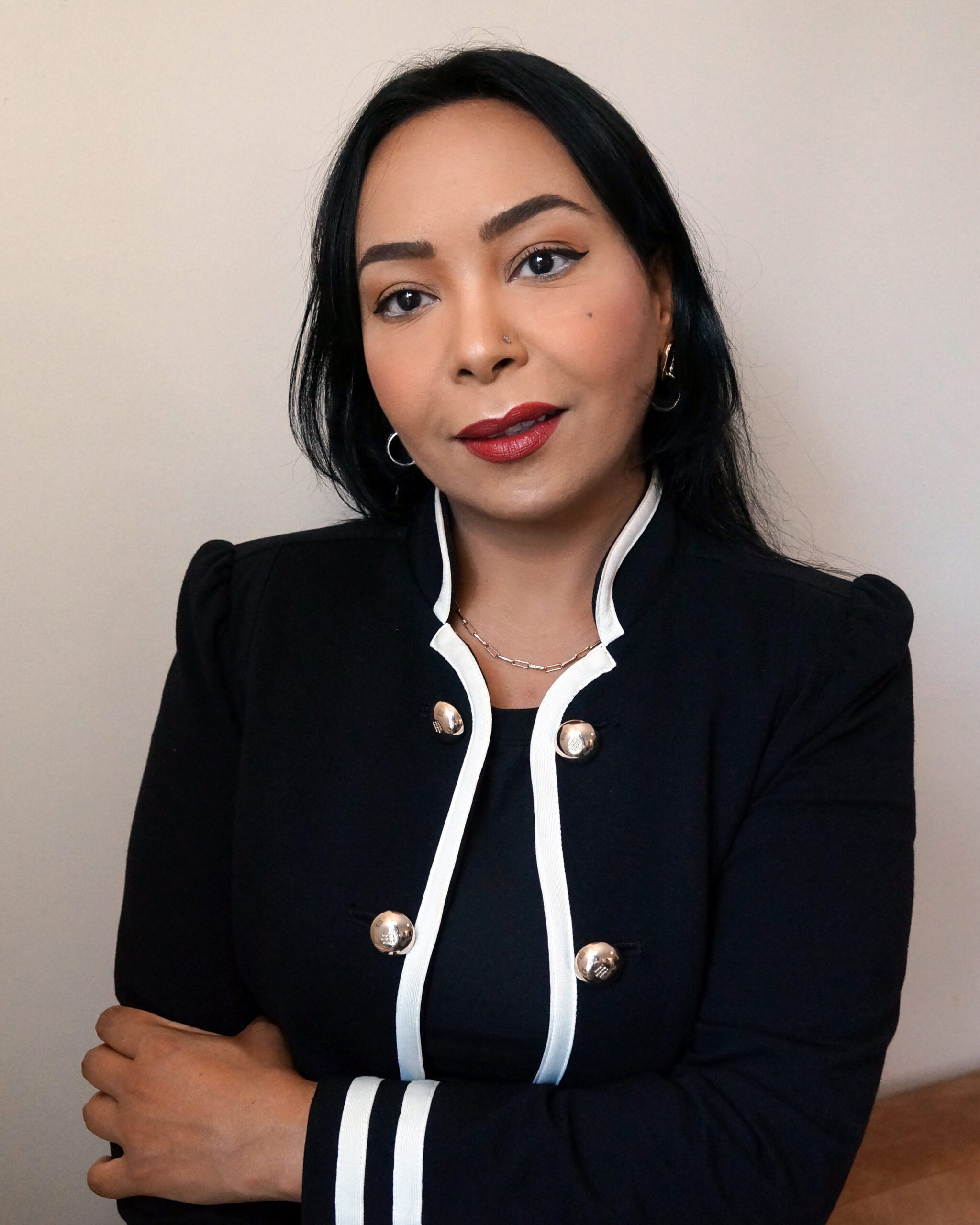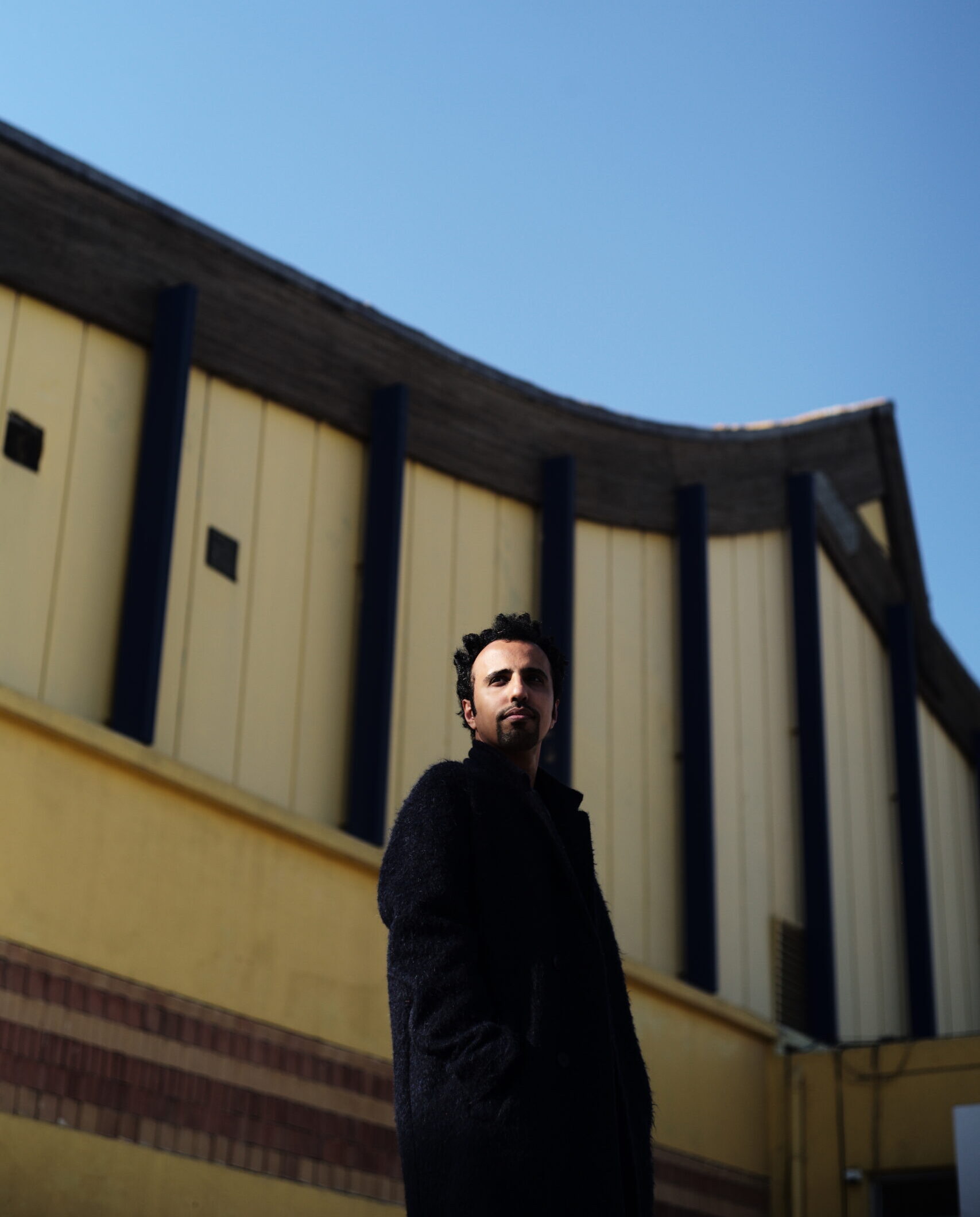Public Debate Over the Abraham Accords Reflects Range of Views on Normalization in the Gulf
While political narratives on Israel are shifting under the influence of some determined state leaders, resistance to normalization remains across Gulf societies.
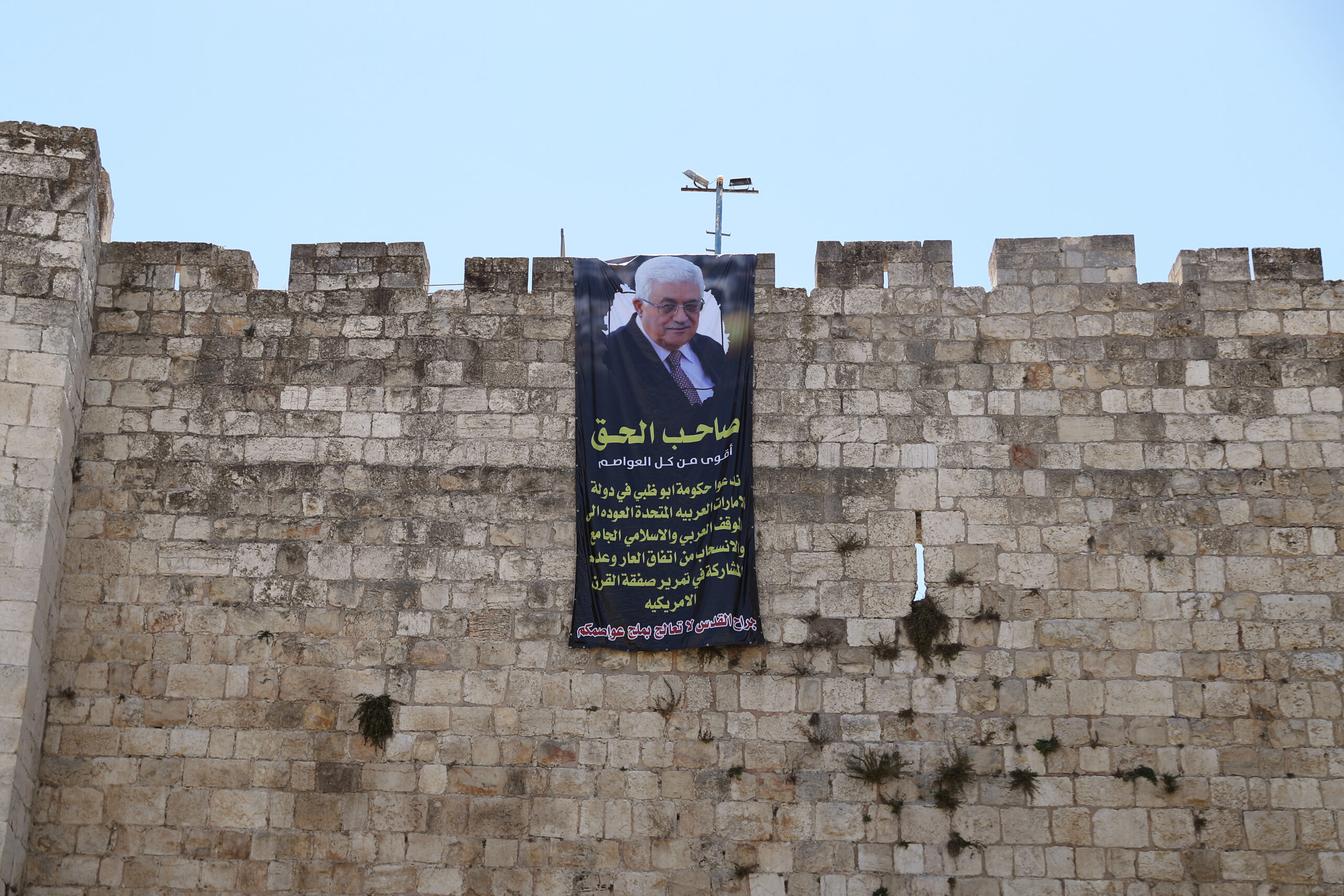
The Emirati-Israeli agreement to establish diplomatic relations and normalize ties comes amid a substantial shift in the political order of the Gulf. Uncertainty over the U.S. security commitment and concern over the rise of non-Arab regional rivals, Iran and Turkey, are driving a more pragmatic approach to relations with the once shunned state. At the same time, the ascendance of nationalism as the dominant political frame is weakening the Islamic and Arab political solidarities that once bound the Gulf states to the Palestinian cause.
These are complex political and social processes, however. The geopolitical calculations of states shift more quickly than social and cultural ties. The contours of this change can be seen, then, in popular debates over the agreement. Of course, these debates themselves are forcefully shaped by nationalist mobilization expressed in state and informal media and by the enforcement of loyalty to the state and its leaders’ decisions.
The UAE Takes the Lead in Nationalism and Normalization
It is clear that the Emirati leadership views a formal relationship with Israel to be advantageous as the United Arab Emirates competes with other regional powers to shape the political agenda and security architecture of the region. Coverage in the Emirati media has emphasized the historic nature of the agreement: how it stopped the annexation of Palestinian lands and opens up cooperation between the two key players in the region. The Emirate’s Fatwa Council and its chairman, Abdullah Bin Bayyah, praised the wisdom of Crown Prince Mohammed bin Zayed al-Nahyan and reiterated that international relations and treaties are exclusively sovereign powers.
Early coverage and statements from the UAE go beyond regional strategy, however, to anticipate a “warm peace” eclipsing that accomplished by Israel’s former adversaries, Egypt and Jordan. The Emirati diplomat Yousef Al Otaiba, writing on the Israeli news website Ynet, spoke of reciprocal visas for tourists, students, and business people; collaboration on health, water, and food security; climate change; technology and energy; and cultural and educational exchanges. There have already been practical steps along this path, including an agreement between an Emirati and Israeli company to collaborate on coronavirus research. And the first Emirati-Israeli youth forum was conducted virtually and reported on Dubai television. Indeed, Emirati leadership appears determined to use the relationship with Israelis to drive further social change within the emirates.
On social media, the agreement to normalize relations is being championed by nationalists such as Hassan Sajwani, who exchanged tweets with Yair Netanyahu and applauded the chance to visit Tel Aviv and the holy sites in Jerusalem. But not everyone is comfortable with this enthusiastic embrace. The Emirati political scientist and pundit Abdulkhaleq Abdulla expressed his concern in a tweet accusing some on social media of being “more Zionist than the Zionists,” while arguing that their over-the-top support is actually doing harm: “We are facing a difficult and complex political event, and we are not in a wedding.”
Still there appears to be real limits to any public criticism of the agreement. Sajwani, for example, encouraged Emiratis to report any nationals or expatriates in the country “promoting anti-Semitism” or “disrespecting the UAE and decisions of its leadership” via a phone application connected to the attorney general’s office used to report cybercrimes and activities threatening society or its founding principles. Organized public opposition to the accord has been limited to dissidents living abroad.
Popular Debates Across the Gulf
The Emirati approach to Israel has been facilitated by the social and political direction championed by Emirati Crown Prince Mohammed bin Zayed. For at least a decade, he has been promoting national integration by eliminating political opposition and nurturing a national identity relatively less encumbered by Islamic and Arab solidarity. This nationalism is outward looking, championing Emirati commercial and strategic interests through proactive engagement in the region, including by the Emirati military. At the same time, the UAE has been investing heavily in global interfaith initiatives as well as domestic campaigns promoting multicultural acceptance and religious tolerance. This message has been consistently reinforced through government programs and popular media such as Ramadan television series.
While this Emirati approach is distinct, it does find echoes in other countries in the Gulf. Saudi Arabia’s new nationalism is grounded in a similar reengineering of social norms and suppression of Islamic networks once embraced by the state. And Bahrain, which has been drawing closer to the UAE strategically and economically, has been adapting a similar strategy of diplomatic outreach through interfaith programming, including the hosting of the U.S.-sponsored Peace to Prosperity economic workshop in 2019.
These states have other constraints to reckon with, however. The Saudi state has been tied to a religious mission, and its leadership of the Islamic world carries responsibilities, especially regarding Jerusalem. Bahrain has a long history of civil society activism, which includes a fervent commitment to the Palestinian cause. These differences can be discerned in the evolving debates over the reaction to the Emirati move toward normalization.
The Saudi government and opinion makers were slow to react to the accord. Its foreign minister, Faisal bin Farhan, finally issued a statement on August 19 reiterating the kingdom’s commitment to the 2002 Saudi-led Arab Peace Initiative, which conditions normalization on the creation of a Palestinian state with Jerusalem as its capital. The Emiratis make the argument that their accord with Israel is complementary to the Arab Peace Initiative by pausing annexation and thereby preserving the possibility of a two-state solution. The Saudi statement, notably, does not contradict this position, with the foreign minister adding that any efforts to suspend Israeli unilateral moves in the occupied territories are appreciated.
Many Saudis seemed relieved to see the kingdom holding steadfast to the King Abdullah-era Arab Peace Initiative. The hashtag “Normalization is Betrayal” (التطبيع_خيانة#) was trending in Saudi Arabia as in all other Gulf states, save the UAE, in the first two days after the UAE-Israel announcement. Yet, several Saudi opinion writers went further in acceptance or even praise of the accord. The former editor of Asharq Al-Awsat and director of Al Arabiya, Abdelrahman al-Rashed, described Arab states dealing with Israel as “an old and boring story.” He then went on to adopt a strict nationalist position: “Every Arab country has the same right [as the Palestinians] to manage its international relations, including its relationship with Israel. This is a sovereignty issue that each country decides on the basis of its interests, not based on what the Palestinians or other Arabs want.” Other Saudi writers went further in embracing the accord as a major diplomatic breakthrough. Some Saudi religious scholars, such as Muhammed bin Ghaith, supported the validity of peace overtures toward Israel by citing the Prophet Muhammad’s mediation with Jews in Medina. When challenged on this position, he responded: “Leave these things to the princes and scholars.”
Bahrain was the first Gulf state to welcome the accord, in a statement congratulating the UAE and its leadership for enhancing the chances for peace and strengthening stability in the region. This was echoed by the head of Bahrain’s Council of Representatives, Fawzia Zainal, who praised the UAE for reaching an agreement to end the annexation of Palestinian land, as did the head of the parliamentary committee supporting the Palestinian people.
Nonetheless, organized opposition to the agreement was not hard to find in Bahrain. A joint statement issued by Bahrain’s eight political societies – leftist, nationalist, and Islamist – condemned all normalization with Israel and explicitly demanded that the Bahraini government reject these attempts. This was followed by a statement signed by a broader collection of civil society groups, including the country’s largest trade union. The statement forcefully argued that national independence requires a commitment to the principles and core beliefs of the national community and affirmed their rejection of normalization.
The opposition of civil society was even more evident in Kuwait, the Gulf country with the most open political system. While the government declined to issue any statement at all, one of the country’s most prominent newspapers expressed national sentiment with a prominent headline: A big no to normalization. While the Parliament didn’t take formal action, a statement was issued signed by 41 of the 50 parliamentarians calling normalization a crime and calling upon the government to confirm the opposition of the state, Parliament, and people. Separate political societies offered their own statements of opposition as did a collection of 30 of Kuwait’s most prominent civil society organizations. Student political blocs and student unions in Kuwait and abroad united to issue a petition calling on the National Assembly to pass a law against normalization in all of its forms.
Oman and Qatar, the two states that established some ties with Israel during the earlier period of the Oslo peace accord, parted ways, with Oman welcoming the Emirati-Israeli accord as a step toward regional peace. Qatar, which allowed an Israeli trade office in Doha from 1996-2009 declined to comment, although Qatari-based media was critical of the accord. Yet Qatar became a huge part of the conversation across the Gulf as those supporting the accord – particularly in the UAE and Saudi Arabia – condemned what they saw as Qatari and Turkish hypocrisy in criticizing the agreement after already establishing ties with Israel. The political use of the Palestinian cause by “ideological states” Iran and Turkey was frequently invoked to justify the need to forge a new path in resolving the Palestinian issue. In turn, Qatari commentators expressed surprise that the Emirates was formalizing its own ties with Israel after condemning Qatar relentlessly for having moved in the same direction.
The approach of Boycott, Divestment, Sanctions groups across the Gulf is notable for their attempt to forge a Gulf consensus and joint action around the Palestinian issue. An online forum with representatives from each Gulf country worked to counter the argument that normalization is inevitable, providing concrete examples of actions that can be taken, many drawn from the Gulf’s own history. Others sought to remind the emirates and all of the Gulf states of their historic support for Palestinians and action on their behalf.
The Future of Normalization in the Gulf
As Gulf countries strengthen their reliance on nationalism and look toward their own national interests it is clear that views on normalization with Israel are changing. Determined states and the geopolitical realities of the region are able to shift public opinion. Yet it is also clear that some Gulf citizens are equally determined to organize in opposition to these political moves. Their impact on state behavior, while not definitive in most Gulf states, bears considering as other Gulf leaders calculate the costs and benefits of following the UAE in strengthening ties with Israel.
The views represented herein are the author's or speaker's own and do not necessarily reflect the views of AGSI, its staff, or its board of directors.


